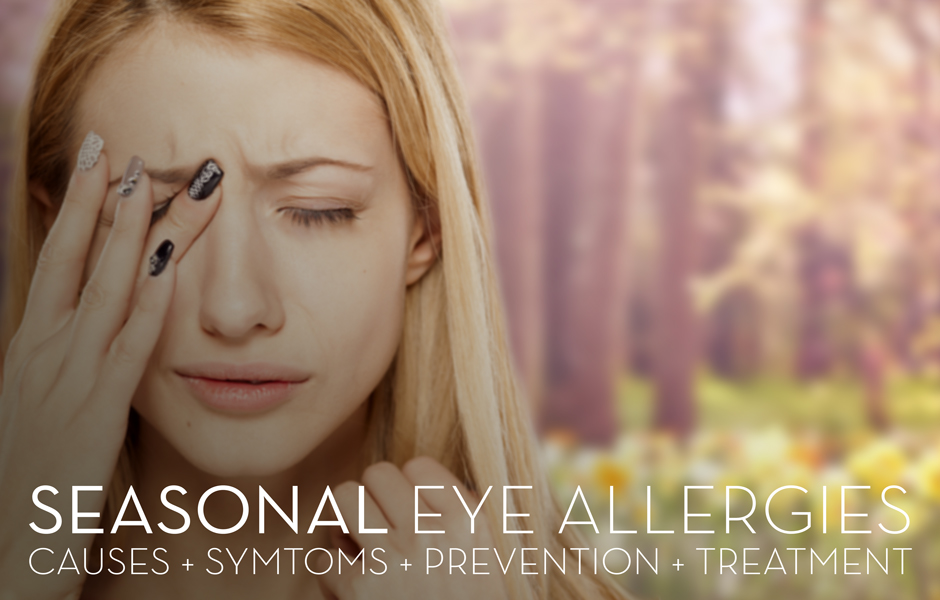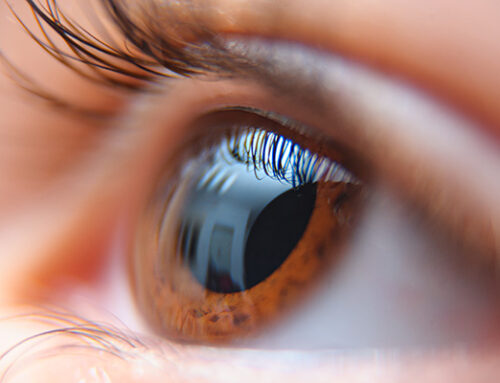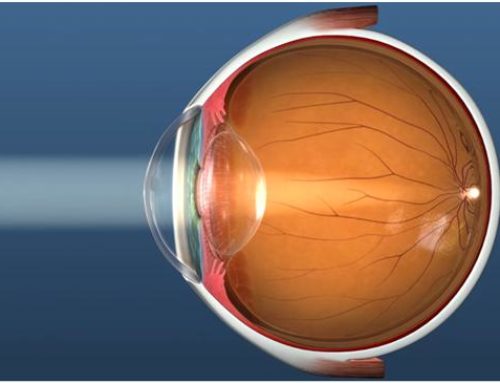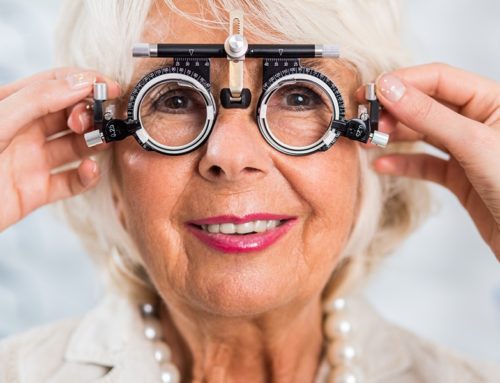
Red, Itchy Eyes? How to Get Relief from Eye Allergy Symptoms
Many people get excited about the warm weather and brighter days that spring brings, but dread another thing that comes with this time of year: allergies. If you suffer from any type of allergy, you know that it can be miserable to deal with the symptoms. Eye allergies are actually quite common, Seasonal allergic conjunctivitis (SAC) affects millions of Americans, due to pollen and other allergens in the air. Village Eyecare, one of Chicago’s top providers of optometry services, has compiled a quick guide to detect, prevent and treat this uncomfortable condition.
Why Do You Have Eye Allergies?
The first step to finding a treatment is to understand the cause of the allergy. An eye allergy is typically aggravated by seemingly harmless compounds in the air known as allergens, and these things can be irritating to people who have a predisposition to have an allergic reaction. SAC by itself is effectively harmless, and little more than an inconvenience. However, SAC can become dangerous due to continual rubbing of the eyes, which can make the condition worse or increase the chance of infection.
Common Causes of Eye Alleries
+ Pet Dander
+ Pollen or Perfume
+ Dust or Mold
+ Cigarette Smoke
+ Car Exhaust
How do you know if you are suffering from an eye allergy?
You might experience one or more symptoms, and it is common for a person to experience multiple symptoms that indicate they are having an allergic reaction. Even if you believe you are only suffering from allergies, it’s best to check with an optometrist to be certain. Proper diagnosis can result in better treatment and prevention of complications.
Symptoms of an Eye Allergy
Itchy eyes +
Watery eyes +
Red eyes +
Burning eyes +
Discharge from the eyes +
Eye Allergy Prevention
There are several things that you need to consider in order to successfully treat eye allergies, and your treatment plan should include a consultation with an experienced eye doctor in Chicago. First, you need to be proactive to reduce exposure to allergens, and these are a few small daily habits that can be used to decrease allergen exposure:
- Keep windows closed when pollen is high. Instead, consider turning on the air conditioner and using a air purifier for cool fresh air.
- Replace the filter in your heating and cooling system frequently to reduce dust in your home. Consider hiring a professional to clean your air ducts.
- Avoid contact with pets and animals with dander. If you touch any of these animals, make sure to wash your hands after contact.
- When you go outside, wear sunglasses that offer wrap-around coverage to keep your eyes protected from allergens in the air.
- Use daily disposable contact lenses instead of weekly or monthly disposables.
Medications and Treatments for Eye Allergies
In addition to the prevention techniques listed above, it is also a good idea to look for additional treatments that can help you find relief from the symptoms. Your eye doctor might suggest eye drops such as artificial tears or a decongestant, depending on your symptoms. It is also possible to use oral antihistamines, although some people find that antihistamines make their symptoms worse because the medication dries out their eyes. In most cases, SAC can be treated with simple over-the-counter products, such as artificial tears and common anti-histamines. Decongestant or NSAID-based anti-inflammatory eyedrops are also available for those with more severe symptoms. The best option is to work with a qualified optometrist in Chicago who can help you identify the most effective treatment for your individual situation.







